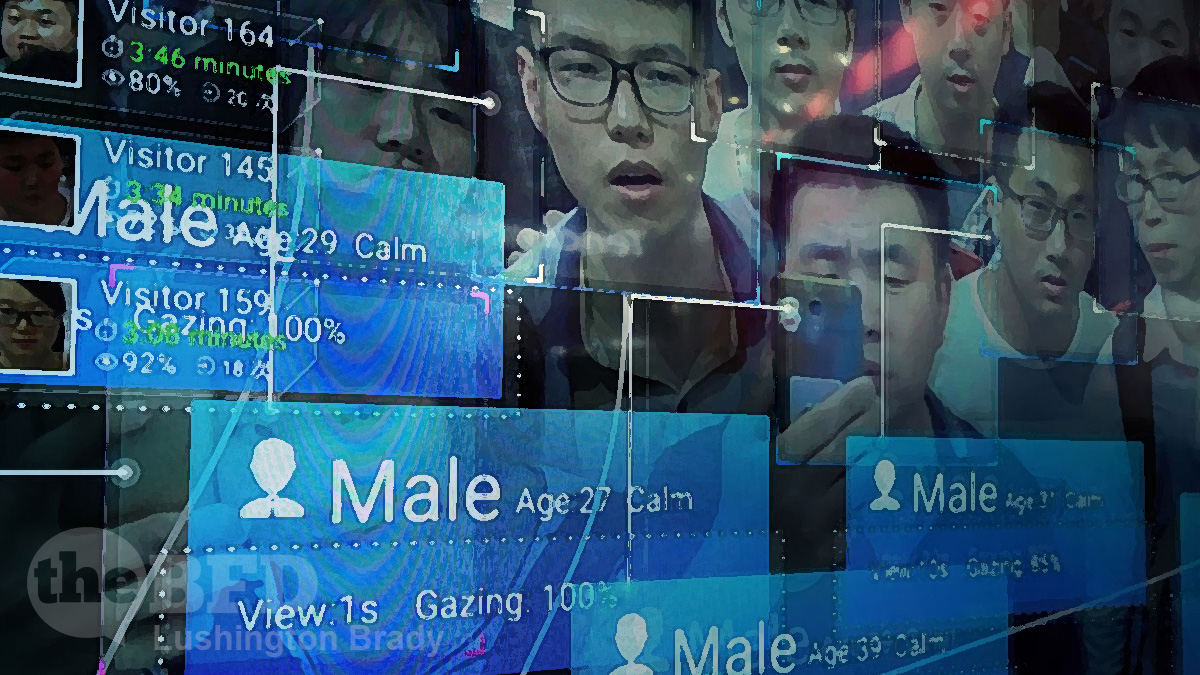In Orwell’s 1984, the telescreen is a device which not only blasts non-stop propaganda, it allows the Party to monitor its members, all day, every day. For instance, when Winston Smith fails to join in the prescribed exercises properly, the instructor’s voice blares from the screen: “6079 Smith W.! Yes, YOU! Bend lower, please!”
Young Chinese gamers are experiencing a new twist on the panopticon telescreen: the Party is spying on them and telling them when to stop playing.
Every midnight, millions of young Chinese gamers now face another foe — a digital ‘patrol’ using facial recognition technology that could boot them out of their virtual worlds.
The technology, dubbed ‘midnight patrol’, is designed to better enforce a Chinese government ban on gamers under the age of 18 playing between 10:00pm and 8:00am.
No doubt, many BFD readers might be tempted to harrumph into their tea and mutter about “young people, these days, and their PlayBoxes”, but they might want to consider what is really happening here.
‘Midnight patrol’ uses an algorithm to identify underage players based on the time they play, how long they play, and their behaviours in the game.
Those users then have their faces scanned. If the scans don’t match the photo identification documents provided to the company, the user will be immediately kicked out of their game.
So what if it’s young people and videogames… for now? If they can do this to kids playing videogames, what’s to stop them doing it to adults browsing unapproved news sites? What’s to stop a government with this technology literally making themselves “your sole source of truth”?
Technology ethics consultant Dr Jessica Baron is concerned about what the use of facial recognition technology entails.
“They like to remind us that technology is neutral and it’s how we use it that’s important,” she said.
According to Dr Baron, the potential harm caused by facial recognition technology outweighs the benefits.
“The infrastructure for surveillance is part of what’s driving this technology, so companies claiming its neutrality are not being honest with us.”
Dr Baron said even if the company believed the technology would be used “for the common good”, they were actually building a more sophisticated surveillance system.
Besides, anyone who’s ever had to deal with kids and technology ought to be well aware of just how easily they circumvent restrictions.
More than just another step in a complete surveillance state, this move also highlights just how much governments are usurping the role of parents.
Dr Hugh Davies from RMIT University [says] “I’ve literally heard stories of parents turning off the main power for their house to stop their children from getting online and playing video games,” Dr Davies said.
“So for a lot of Australian parents, they sort of feel that, wow, I wish that the video game companies or the government in Australia would do something like that.”
If parents aren’t going to shoulder responsibility for their kids’ gaming habits, that’s their look-out. Parental laziness is no excuse for an all-powerful nanny state.
Barney Tan, an associate professor from the University of Sydney, expressed similar concerns over increased monitoring.
“There is no-one to check the Chinese government but themselves,” he said.
“The potential of technology may be initially unlocked for the most innocuous of reasons, but once that potential has been realised, it can then be abused.”
ABC Australia
If a government can stop kids playing videogames, they can stop you from reading news like The BFD. Remember that.
Please share this article so that others can discover The BFD

